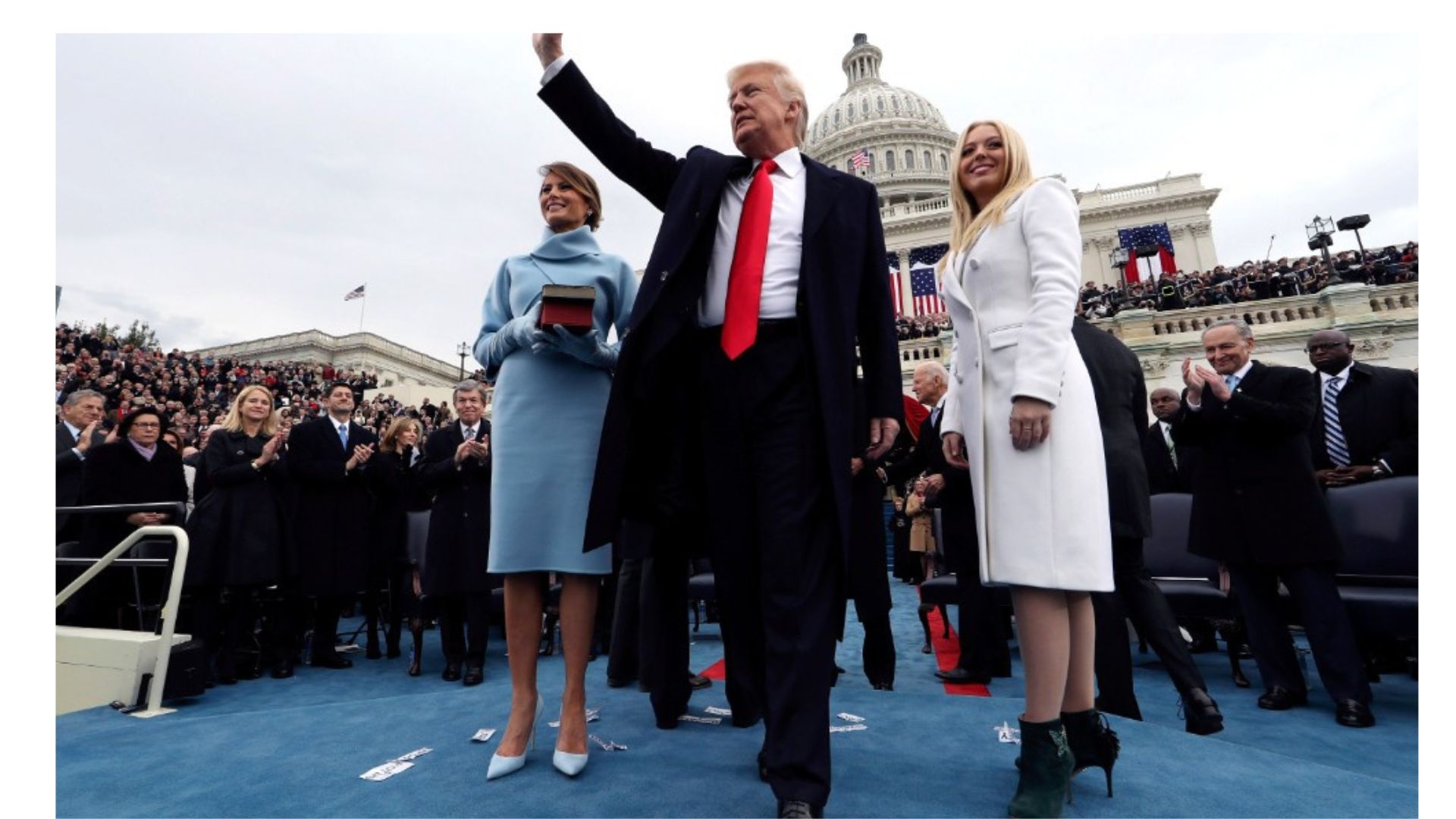In a recent interview with NBC News, former President Donald Trump promised to safeguard and expand access to in-vitro fertilization (IVF) treatments if re-elected. Trump stated that his administration would work to ensure that the costs associated with IVF are covered, either by government funding or through mandates on insurance companies.
“We are going to be, under the Trump administration, paying for that treatment,” Trump declared. He further clarified that one approach would involve mandating insurance companies to cover IVF costs. “Yes, we’ll be mandating that the insurance company pay,” he added.
This commitment is part of Trump’s broader campaign platform addressing healthcare issues, and comes amid ongoing debates about reproductive rights in the United States. Trump’s pledge reflects his administration’s focus on expanding access to fertility treatments, a topic of increasing concern for many Americans facing difficulties with conception.
In contrast, Vice President Kamala Harris has criticized Trump’s stance on reproductive health. In a series of posts on X (formerly Twitter), Harris accused Trump of aiming to undermine reproductive freedoms. She warned that a Trump victory could lead to a national abortion ban and the creation of a national anti-abortion coordinator, which would involve monitoring and reporting on women’s reproductive health decisions, including miscarriages and abortions.
Harris emphasized the gravity of the situation, stating, “If Donald Trump wins, he will not only sign an abortion ban—he also intends to create a national anti-abortion coordinator, forcing states to report on women’s miscarriages and abortions.” She also highlighted the current crisis, noting that over one-third of American women live in states with restrictive abortion laws. “This is a health care crisis. We will never stop fighting to protect reproductive freedom,” she said.
The issue of IVF and reproductive rights remains highly contentious in the wake of the Supreme Court’s 2022 decision to overturn Roe v. Wade. This landmark ruling triggered a wave of state-level restrictions on abortion, further intensifying the debate over reproductive health policies. The 2022 midterm elections saw many Republican candidates face backlash over their anti-abortion stances, reflecting a broader voter response against restrictive reproductive policies.
Democrats have increasingly used the debate over IVF as a critical point of contention, arguing that GOP-led abortion restrictions could also lead to limitations on fertility treatments. This dynamic adds another layer to the complex and evolving landscape of reproductive rights in the United States, with ongoing debates about the balance between personal medical freedoms and regulatory oversight.














